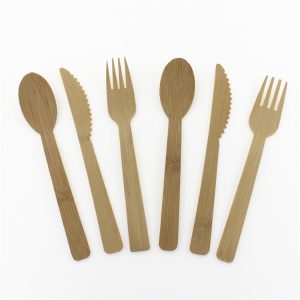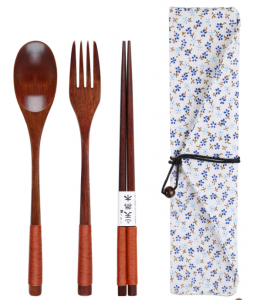Proper care for your kitchen knives is essential to maintain their sharpness, longevity, and overall performance. By following these guidelines, you can keep your knives in excellent condition and ensure safe and efficient cutting:
- Hand Washing:
- Always wash your knives by hand with warm soapy water immediately after use.
- Avoid putting them in the dishwasher, as the harsh detergents and high heat can damage the blade and handle.
- Avoid Cutting on Hard Surfaces:
- Never use your kitchen knives on hard surfaces like glass, marble, or granite.
- Always use a soft cutting board made of wood, bamboo, or plastic to prevent dulling the blade.
- Knife Storage:
- Store your knives properly to prevent damage and accidents.
- Use a knife block, magnetic strip, knife tray, or knife drawer insert to keep the blades protected and accessible.
- If using a knife block, store the knives with the blade side down to avoid dulling the edge.
- Knife Honing:
- Regularly use a honing steel to maintain the knife’s edge between sharpening sessions.
- Hold the honing steel vertically on a stable surface, and gently slide the knife’s edge along the steel at a 15 to 20-degree angle.
- Knife Sharpening:
- Sharpen your knives when they start to feel dull, which depends on usage but is typically every few months for home cooks.
- Use a whetstone or knife sharpener to restore the knife’s sharp edge.
- Follow the manufacturer’s instructions or seek guidance from a professional if you’re unsure how to sharpen the knife properly.
- Use Cutting Boards with Care:
- Avoid chopping or cutting directly on hard bones or frozen food, as this can chip or damage the blade.
- Be mindful of the surface you’re cutting on to avoid premature dulling.
- Proper Knife Usage:
- Use the right knife for the task to prevent unnecessary stress on the blade.
- Avoid using knives for opening packages or other non-food-related tasks.
- Avoid Excessive Force:
- Let the knife do the cutting; avoid applying excessive force, as it can lead to accidents and damage the knife.
- Drying After Washing:
- After washing, dry the knife thoroughly with a soft towel to prevent rust and maintain the blade’s condition.
- Avoid Acidic Foods and Prolonged Contact:
- Acidic foods can corrode the blade, so avoid leaving them in contact with the knife for an extended period.
- Clean and dry the knife immediately after cutting acidic foods like tomatoes or citrus fruits.
- Regular Inspection:
- Regularly inspect your knives for any signs of damage or wear, such as chips, nicks, or loose handles.
- If you notice any issues, have the knife professionally inspected and repaired.
By following these care tips, your kitchen knives will remain sharp, safe, and in excellent condition, serving you well for many years of cooking enjoyment.







